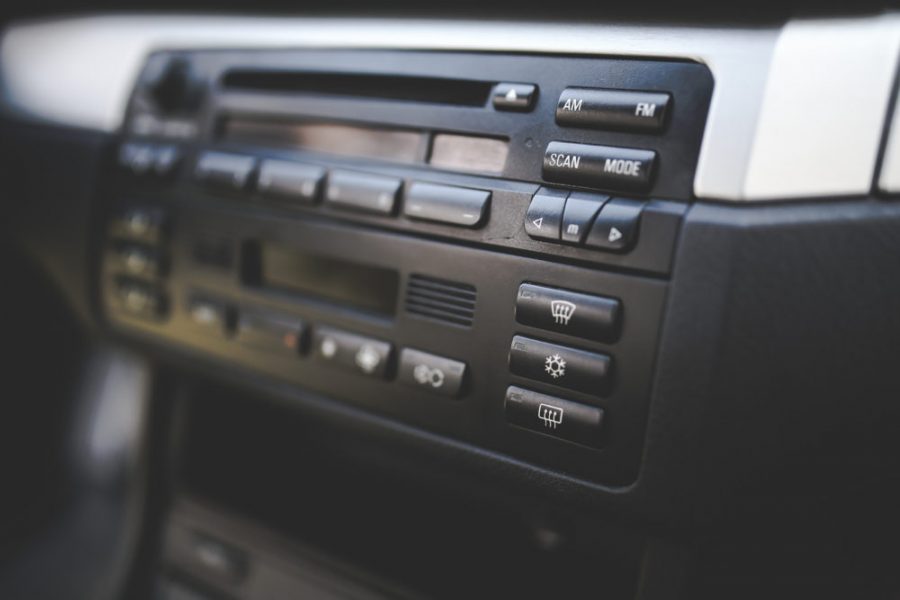My morning commute consists of cranking up the radio and the heater. It’s just about all I can do to remain conscious at 6:30 a.m. when I go to my morning class. Without the sanity that my morning tunes provide, my mind drifts off into a series of existential crises or actively entertains the idea of dropping out of college to become a sheep herder. Why a sheep herder? I’m not entirely sure, but my brain could care less about rationality in the ungodly hours of the morning.
So when that music suddenly becomes a blaring horn, my mind doesn’t have the time to process where it’s coming from. I don’t stop to think that it could be the radio. Instead, instinct takes over. That’s exactly what happened last week as I was driving up Mario Capecchi Drive. It startled me and caused me to take my eyes off the road as I looked for the source of the horn: probably some obnoxious person driving alongside me. I don’t remember what the commercial was for or even what station I was listening to, but I do remember how angry I was once I realized it was a commercial. For those seconds that my eyes and mind wandered around the road, the conditions in front of me could have changed. A child could have run out onto the road. A car could have merged in front of me. The light could have turned red. On that day, none of these things happened, luckily. But they very well could have.
Even when it’s not 6:30 in the morning, driving is a task which requires a great deal of focus and situational awareness. We’ve been conditioned since we began driving that certain signals, like horns and sirens, mean that conditions on the road are rapidly changing and require our immediate attention. When a radio commercial uses those same signals, it creates a disturbing lapse in attention to other road factors. Even worse, it desensitizes our reactions to these cues.
Currently the FCC leaves it to radio stations to regulate the content of their commercials, to use their best judgement in assessing “possible hazards to the public.” But using sirens and horns in radio commercials shouldn’t be left to the stations. Just as it’s illegal to shout “fire” in a crowded theater, a legal precedent nearly a century old, car horns and sirens impersonated by radio commercials are just as bad. It incites unnecessary panic, and in some ways is even more dangerous than shouting “fire” or “bomb.” The panic is the same, but it’s directed through tons of metal and machinery at drivers’ hands.
It’s unethical for advertisers to use these tactics to get the attention of drivers, and it’s irresponsible for radio stations to allow it. If I had remembered the station, I would have contacted them to file a complaint. The FCC already has some sway in this regard as they have the regulatory power to revoke a station’s license in the face of complaints. Using sirens and horns in commercials is a hazard that should be regulated. It’s time for these types of commercials to be outlawed.


